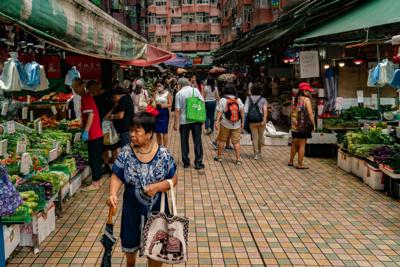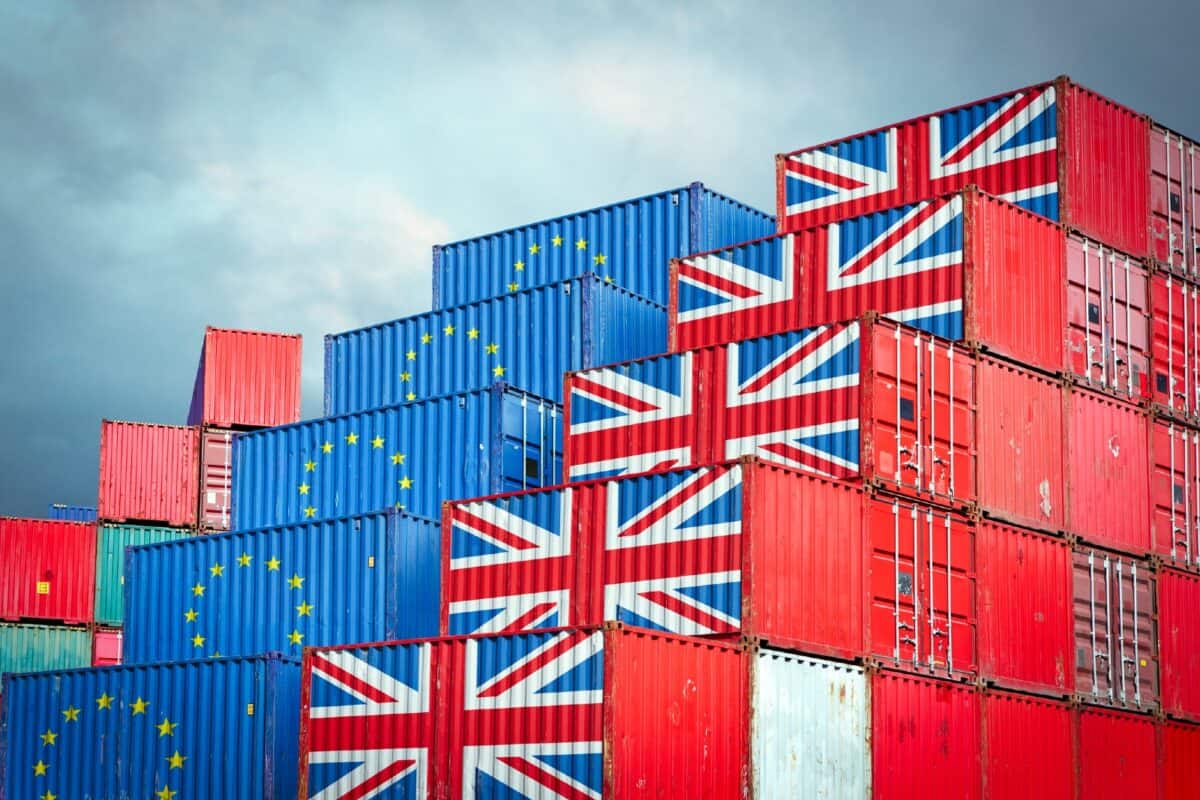A week after the U.S. central bank's policy shift, Chinese authorities unleashed their monetary policy dragon.
The move caught world financial markets by surprise and launched the Shanghai Composite index up more than 9 percent in three days. The People's Bank of China launched its largest stimulus package since the pandemic. The PBOC cut interest rates, reduced the reserve requirement ratio, and introduced structural monetary policies to stabilize Chinese markets, which went straight down for months.
Wall Street analysts are overwhelmingly negative on the Chinese market. Investments in Chinese stocks by institutional investors worldwide are at multi-decade lows. China's faltering economy, the never-ending wall of American-led sanctions and tariffs by several nations, coupled with the U.
S. election promises of even more to come have made the world's second-largest economy practically uninvestable. "Doubtful at best," was the knee-jerk response to the stimulus package earlier in the week.
It would not be enough to bail out the economy say the professionals (who have banked big profits on shorting Chinese financial markets). China watchers insisted that fiscal spending was required for a true turnaround. Almost on cue, President Xi Jinping called for even more monetary and "necessary fiscal spending" support on Thursday in a meeting of the Politburo, the second-highest circle of power in the ruling Chinese Communist Party.
That sent Chinese markets rocketing higher again and pu.


















